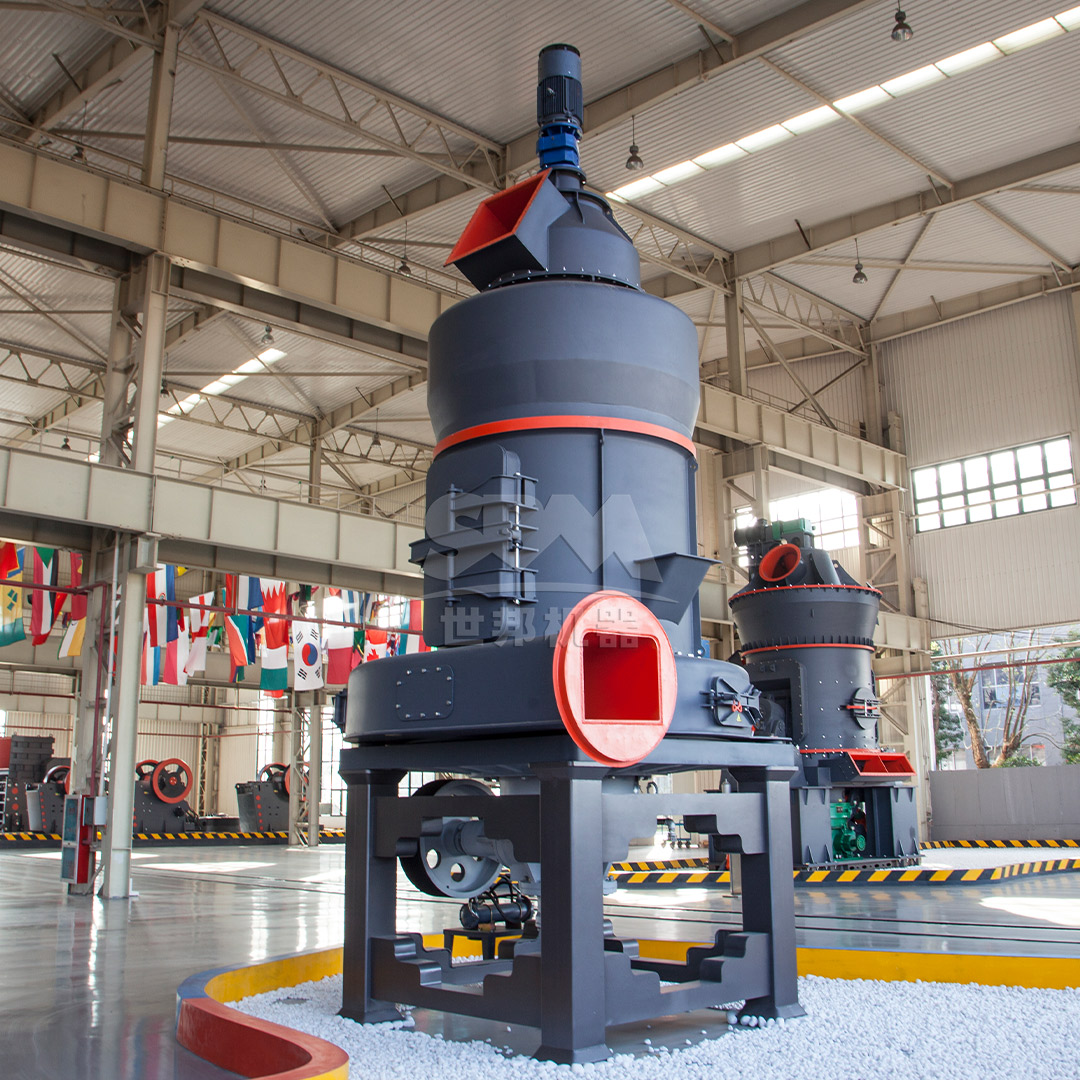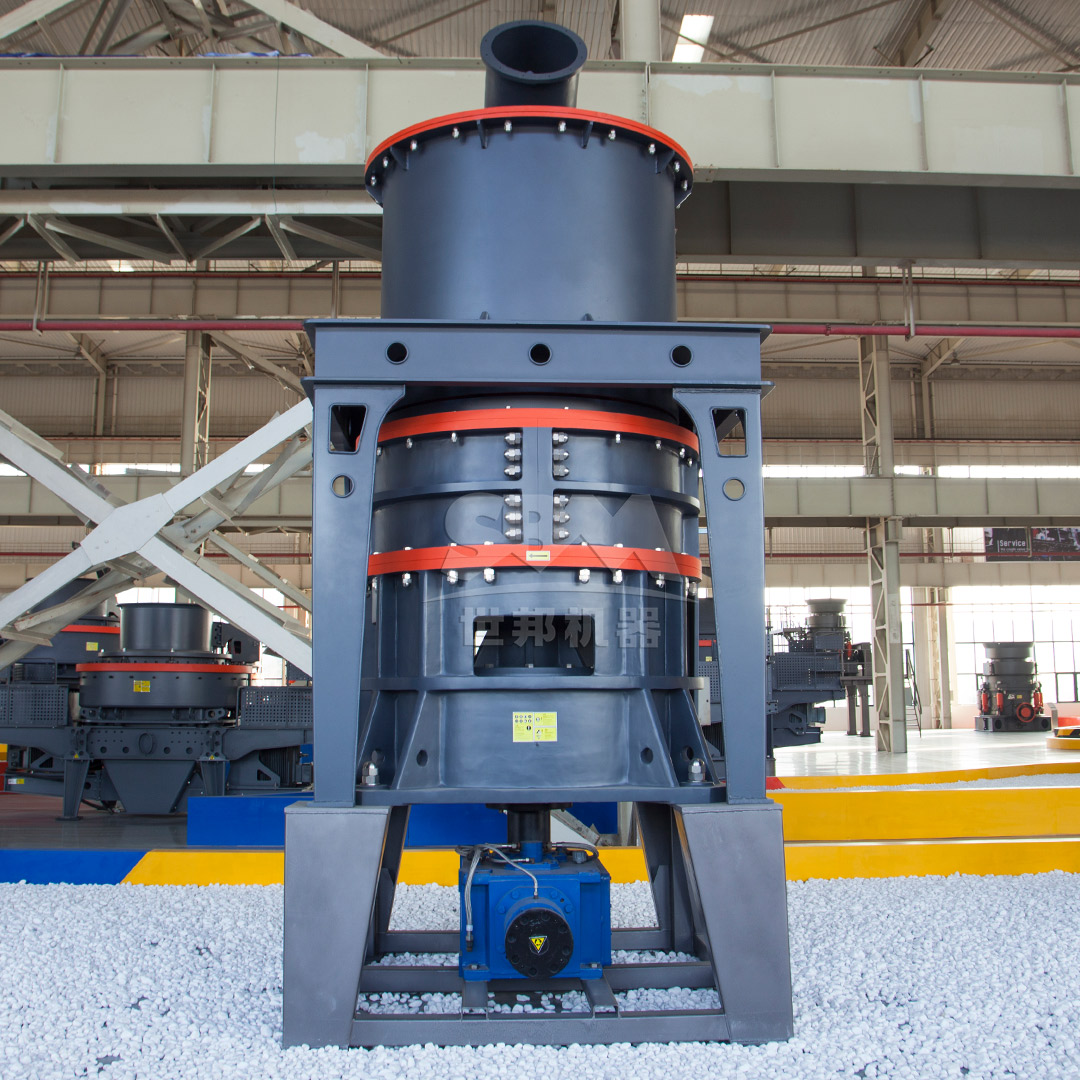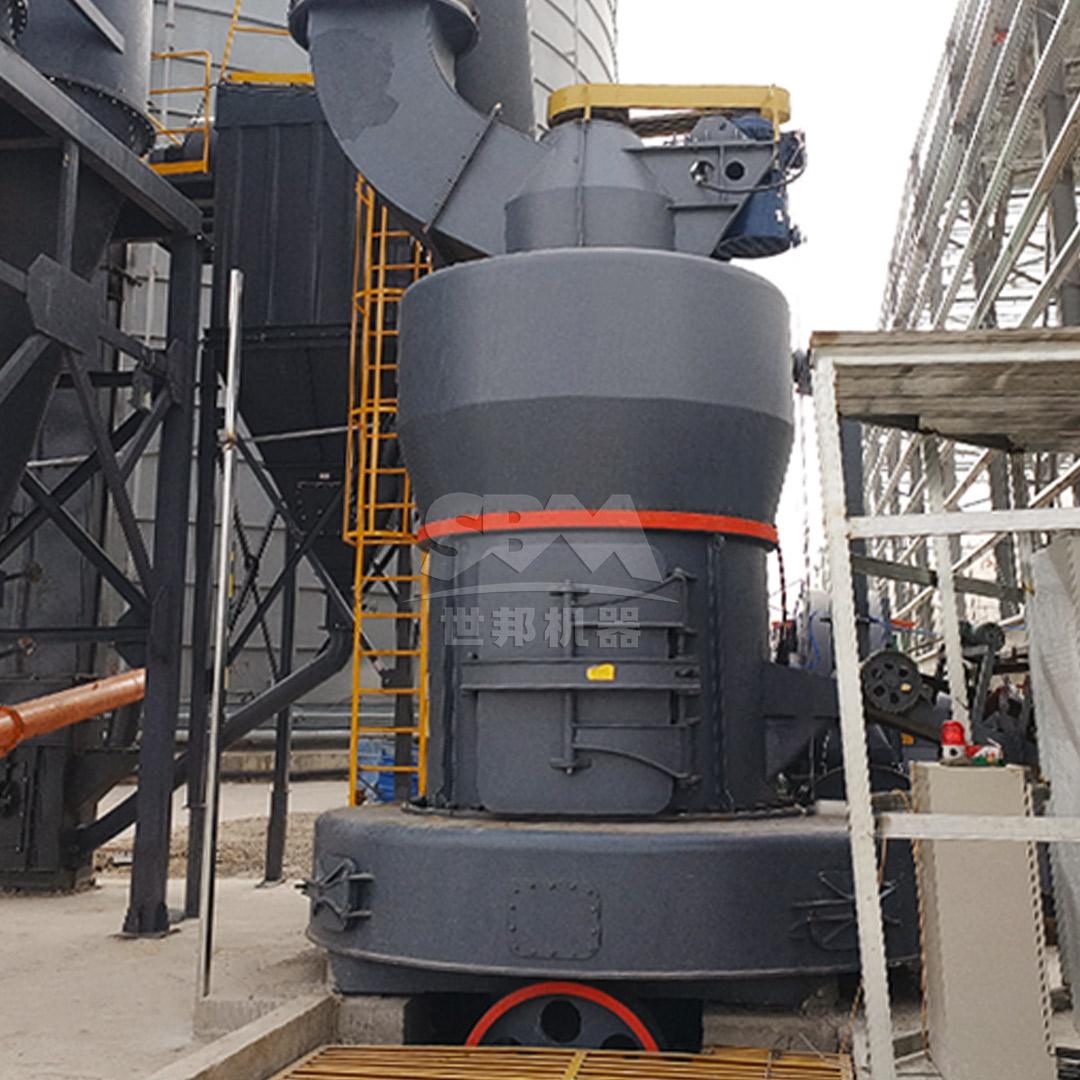The cosmetics industry demands the highest standards of quality, consistency, and purity for its powdered ingredients. Talc, a naturally occurring mineral, is a fundamental component in many cosmetic products, including face powders, eyeshadows, and blushes. Its efficacy and feel are directly tied to its particle size distribution, morphology, and purity. Achieving the ultra-fine, consistent, and contaminant-free powder required by top-tier cosmetic brands necessitates advanced milling technology. This is where superfine talc grinding mills become indispensable, transforming raw talc into the exquisite powders that define luxury cosmetics.
In cosmetic applications, particle size is not merely a specification; it is a critical determinant of product performance and user experience. Finely milled talc provides a silky, smooth texture, superior adherence to the skin, and transparent coverage without a chalky appearance. Particles that are too large can feel gritty, reduce blendability, and create an uneven finish. Conversely, achieving a uniformly ultra-fine powder (typically in the range of D97 ≤ 5µm or 2500 mesh) ensures seamless application, enhanced opacity or sheen (depending on the product goal), and a premium sensory feel that consumers associate with high-end products. Furthermore, a tight particle size distribution prevents segregation of components within a pressed powder formulation, ensuring color and consistency remain uniform throughout the product’s life.

Producing cosmetic-grade talc involves overcoming several significant challenges beyond simply reducing particle size:
Several milling technologies are capable of processing talc, but only a few meet the stringent requirements of the cosmetics industry. The most effective systems combine grinding with integrated air classification.
For producers aiming for the top echelon of cosmetic talc quality, the SCM Ultrafine Mill represents a pinnacle of engineering design. This mill is specifically built to tackle the challenges of producing high-purity, superfine powders with exceptional efficiency and reliability.

The SCM series excels through its core technological advantages, which align perfectly with the needs of cosmetic talc production:
| Model | Handling Capacity (ton/h) | Main Motor Power (kW) | Feed Size (mm) | Final Fineness (mesh) |
|---|---|---|---|---|
| SCM800 | 0.5-4.5 | 75 | ≤20 | 325-2500 |
| SCM900 | 0.8-6.5 | 90 | ≤20 | 325-2500 |
| SCM1000 | 1.0-8.5 | 132 | ≤20 | 325-2500 |
| SCM1250 | 2.5-14 | 185 | ≤20 | 325-2500 |
| SCM1680 | 5.0-25 | 315 | ≤20 | 325-2500 |
For applications where the target fineness is slightly coarser, or for pre-processing stages, the MTW Series Trapezium Mill offers a robust and cost-effective solution. Capable of producing powders from 30-325 mesh (600-45μm), it is known for its reliability and high capacity.
Its key features include a wear-resistant shovel design with combined blades that lower maintenance costs, and an optimized curved air channel that reduces energy loss and improves transmission efficiency. The overall conical gear transmission achieves a remarkable 98% transmission rate. For larger scale production needs, models like the MTW215G can handle up to 45 tons per hour, making it an excellent choice for high-volume processing lines.
The choice of grinding technology is a fundamental decision that directly impacts the quality, cost, and market positioning of cosmetic talc products. Investing in advanced, dedicated superfine grinding equipment like the SCM Ultrafine Mill is not merely an operational expense; it is a strategic investment in product excellence. By ensuring unparalleled fineness, consistency, and purity, this technology empowers brands to create superior cosmetics that meet the discerning demands of today’s consumers, ultimately building reputation and driving growth in a competitive marketplace.
